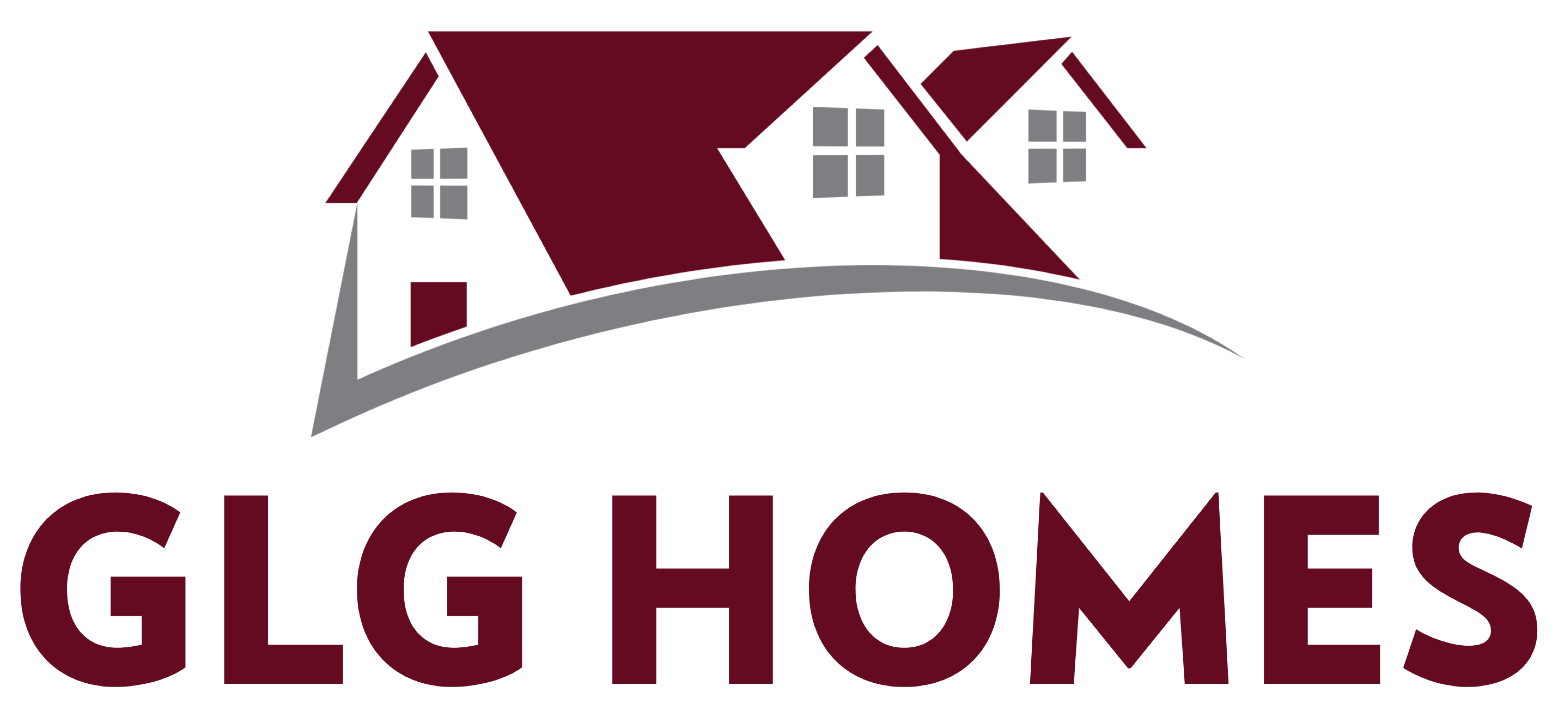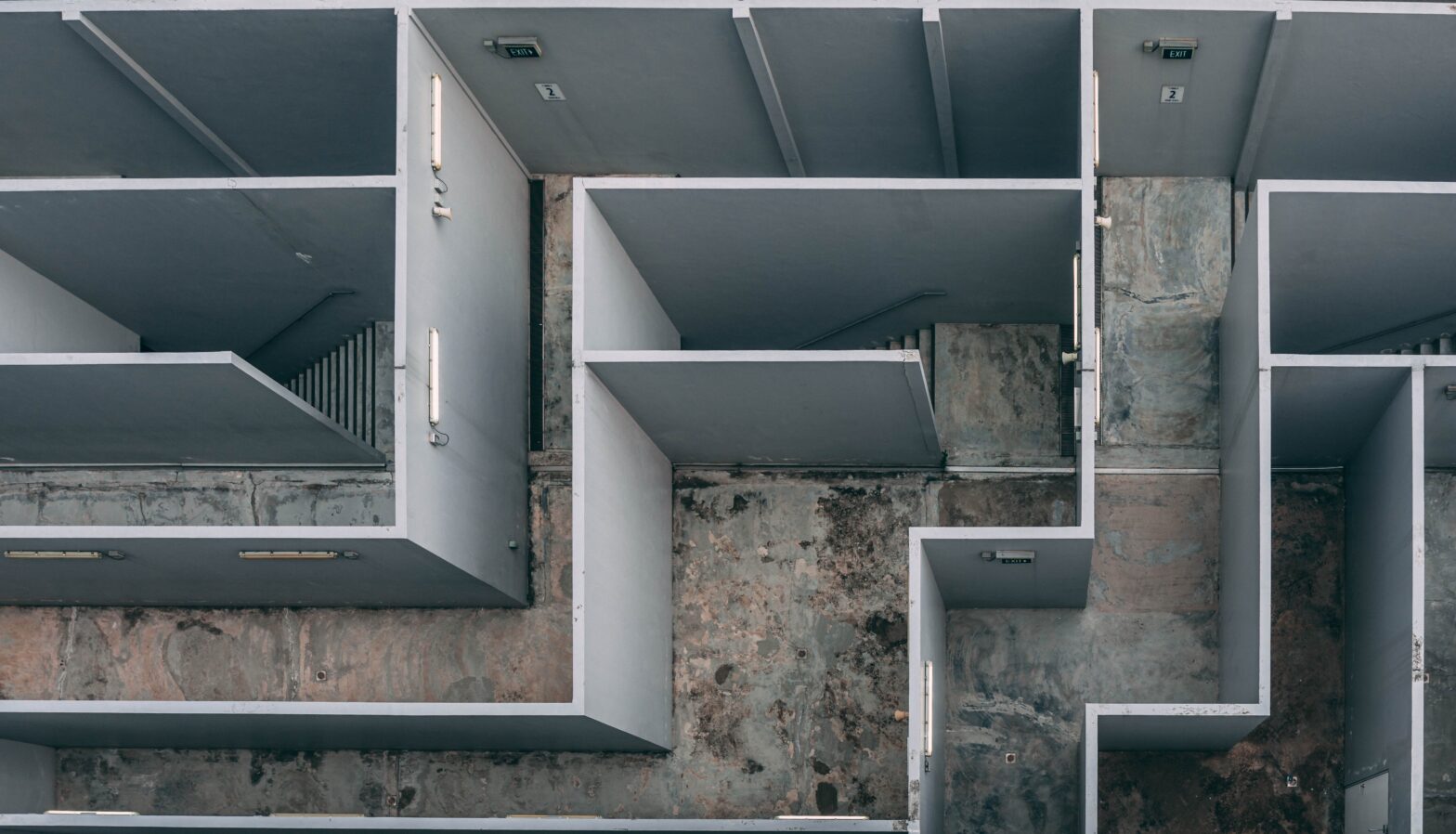Many believe that the real estate market is headed for a crash while others see things balancing out
Either way, right now it is not a healthy market for anyone. To suggest the real estate market is headed for a crash is speculative and sheer drama. Before discussing the “crash” versus (whatever) discussion, keep in mind – real estate is a local discussion. Home sales occur at the town and neighborhood level. National headlines will account for generalities, but may not apply to a given state, county, town or neighborhood. Before running into or out of a market, talk to a local professional. Get their input on the area you are considering. Because what we may be heading towards is a slow plateauing of demand to catch up with supply (balancing).
So, Are we Headed for (Another) Real Estate Crash?
Not likely. No one can say for certain. And that is the point of this post. No one is clear on what will be coming next. Everyone is guessing. If the market cools off and prices comes down with inventory starting to sit – good. That is a market balancing and allows for a more level field for buyers and sellers. It is not a crash nor is it a retreat from market highs. The challenge for a balanced market (again, think town and neighborhood level) is supply. Nearly all areas of the country are woefully short on available housing. Until this changes, sellers will remain in the same strong position.
Unless Mortgage Rates Continue to Drive Buyers Away
This is not a finger pointing at the Fed for being too late to raise rates. Conditions arose that the government felt needed to be addressed in order to avoid a long-term recession. Since May, 2022 rates have been increased nearly monthly. If the cost of money (to lenders who then pass that on to consumers) continues to remain high – we will see a sharp downturn in all high cost, loan-based purchases. Homes sales being the obvious victim. Even the most well qualified buyers will start to pull away and that could be what begins the shift to a balancing of the market. But if it happens to sharply, then you could see the start of a real estate market crash.
Is a Real Estate Market Crash Necessary
This was a comment made to me the other day. “We need a crash or things won’t settle down.” Okay, no. This was just a frustrated home buyer who waited to long to purchase, missed out on the (nearly) free loans and now complains about never getting a home. If we see a major downturn in a short period (less than 6 months) and home values in all markets sink 20-30%, that would likely be labeled as a crash. But here’s a fun fact – even a 20-30% downturn in home values (sold prices) will still be a higher value than 5 years ago. For example, in Connecticut, the median home price for a 3 bedroom, 1.5+ bathroom, and about 1,350 square feet of living space in 2018 was about $226,000. As of April, 2023 that same median price value is nearly $340,000. So even with a 30% decline in price would still be higher ($238,000) than 2018. And in 2018 – we did not have market balancing. Home supply was tightening (in Connecticut) since 2015.
What if Mortgage Rates Decline
Without a consistent increase and supply of homes to any given market – a decline in mortgage rates is going to cause an increase in home values (sold prices). We just do not have enough available housing for sale to meet consumer demand. A real estate market crash or even a balancing of the market is a long way off if we do not have more housing available for sale. Because even if rates stay in the 6%-7.25% range, well qualified buyers will be out there and will purchase. And this will continue to keep demand strong. It may not be crazy, but it will be strong.
Sellers have a Problem as Well
The challenge is for the sellers. Where do they purchase? Most sellers are sitting in a favorable amount of equity in their home. And during the “free money” days of 2020-2022, these homeowners were borrowing against that equity to purchase second homes. Homes were coming off the market but not to new buyers. Was this the vast majority of purchases? Depends on the market. Today, it is less about second home purchases compared to “move-up” or “downsize” purchases. Sellers looking to transition from their current home into something different are struggling. They are less concerned about selling, and more concerned about buying.
Anyone who says they know what is coming next – I would ask them to show me the facts and market indicators that demonstrate and support their stance. Too many economists and real estate professionals (with decades of experience) are simply unsure. We all know what is needed to fix things, but there are too many conflicting factors for that fix to come quickly, easily or affordably.
Looking to sell your house? We are always in the market for a single or multi-family purchase.

